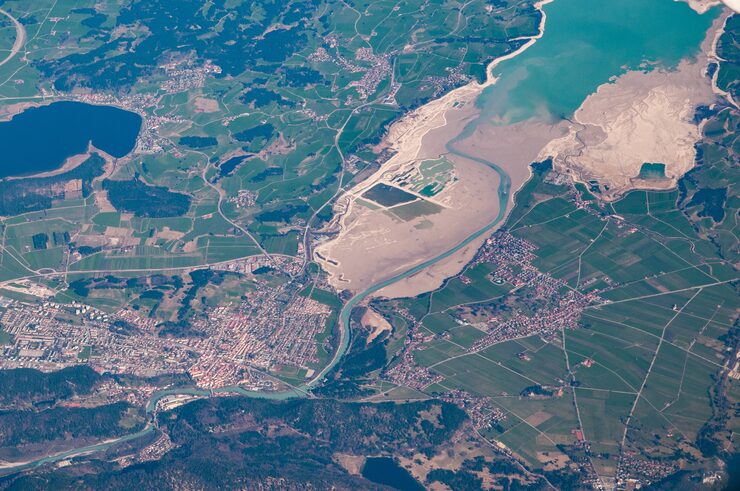The development of the city relies on infrastructural development that is both secure and sustainable. Cities are growing at an alarming rate without taking geological factors into account, which puts residents and businesses at a high risk. BuildSafeUp’s mod-tech, which features geotechnical engineering for urban planners, offers a smarter path by combining modern data, connected technology, and scientific methods. The tools are used to make sure urban projects are sustainable, affordable, and sensitive to the long-term needs of the community.
The New Standard for Urban Development
This section justifies the reason why credible geological intelligence is emerging as a pillar of urban planning. Through the application of geotechnical engineering to enhance construction safety, readers will also understand how zoning, construction design, and long-term stability in larger urban areas can be smarter.
Leveraging site-specific geological analysis
Urban projects need to consider specific ground conditions, which are different in each district. Site analysis provides a detailed analysis that ensures that infrastructure is established on sound foundations. This is a more effective way of minimizing uncertainty and facilitating more accurate planning decisions.
Predicting risks before construction begins
Geotechnical instruments predict soil movements, erosion, or seismic dangers before the commencement of a project. At this level, risk assessment prevents costly redesigns in the future. Scientific advancement in early planning enhances the community’s trust in urban development.
Integrating technology into city planning
Satellite imagery, IOT sensors, and analytics based on AI are integrated to provide planners with a complete picture of the terrain in cities. This digital integration creates a knowledge base that guides the building safety and zoning regulations. The result is cities designed with foresight rather than reaction.
Reducing long-term maintenance costs
Infrastructure built on stable foundations requires fewer repairs over time. Geotechnical engineering reduces the likelihood of costly structural issues, saving municipalities significant resources. Well-planned investments translate into stronger urban economies.
Infrastructure that is constructed on even ground does not need many repairs over time. Geotechnical engineering will minimize the chances of expensive structural problems and save the municipalities a lot of resources. Making investments strategically will lead to improved urban economies.
Practical Applications and Advantages
This section highlights the direct benefits of geotechnical interventions for planners, policymakers, and citizens. The value is much bigger than compliance; it helps to create safer and more sustainable communities.
Designing infrastructure for resilience
Projects shaped by accurate geological data are better prepared for natural disasters. When the roads, bridges, and utilities are built in a resilient manner, they are able to manage the hazardous conditions. Good planning leads to safer, more sustainable construction.
Strengthening disaster preparedness strategies
Risk assessment should be based on data in order to assist cities in vulnerable areas and resource prioritization. Geotechnical knowledge is used to inform emergency planning that minimizes the damage in the event of a disaster. This proactive approach enhances the safety and trust of the people.
Supporting sustainable urban growth
Safety technology helps cities expand at a balanced rate, with the needs of the environment and social requirements. Geotechnical studies are carried out to make sure that expansion would not affect the stability of the land or the health of the ecosystem. Sustainable development creates successful and sustainable societies.
Building smarter cities of the future
Urban planners are currently concerned with the implementation of digital platforms, shared data, and predictive analytics. BuildSafeUp produces resilient structures and robust systems that would benefit the coming generation. Smart cities depend on geotechnical intelligence to evolve sustainably and safely.
Closing Thoughts
BuildSafeUp is more than technical expertise; it is a Geotechnical engineering for urban planners and a commitment to safe, sustainable cities. Access to accurate geological data transforms how infrastructure is designed and maintained. Every project enhances resilience and increases the quality of life of residents.
Conclusion
City planning is entering a new era where geotechnical intelligence and construction safety go hand in hand. Modern tools enable planners to minimize risk, consume fewer resources, and provide safer environments. Risk assessment is no mere precaution; it is a basis of growth. This sustainability, science, and technology balance will be the foundation of future-ready cities.
